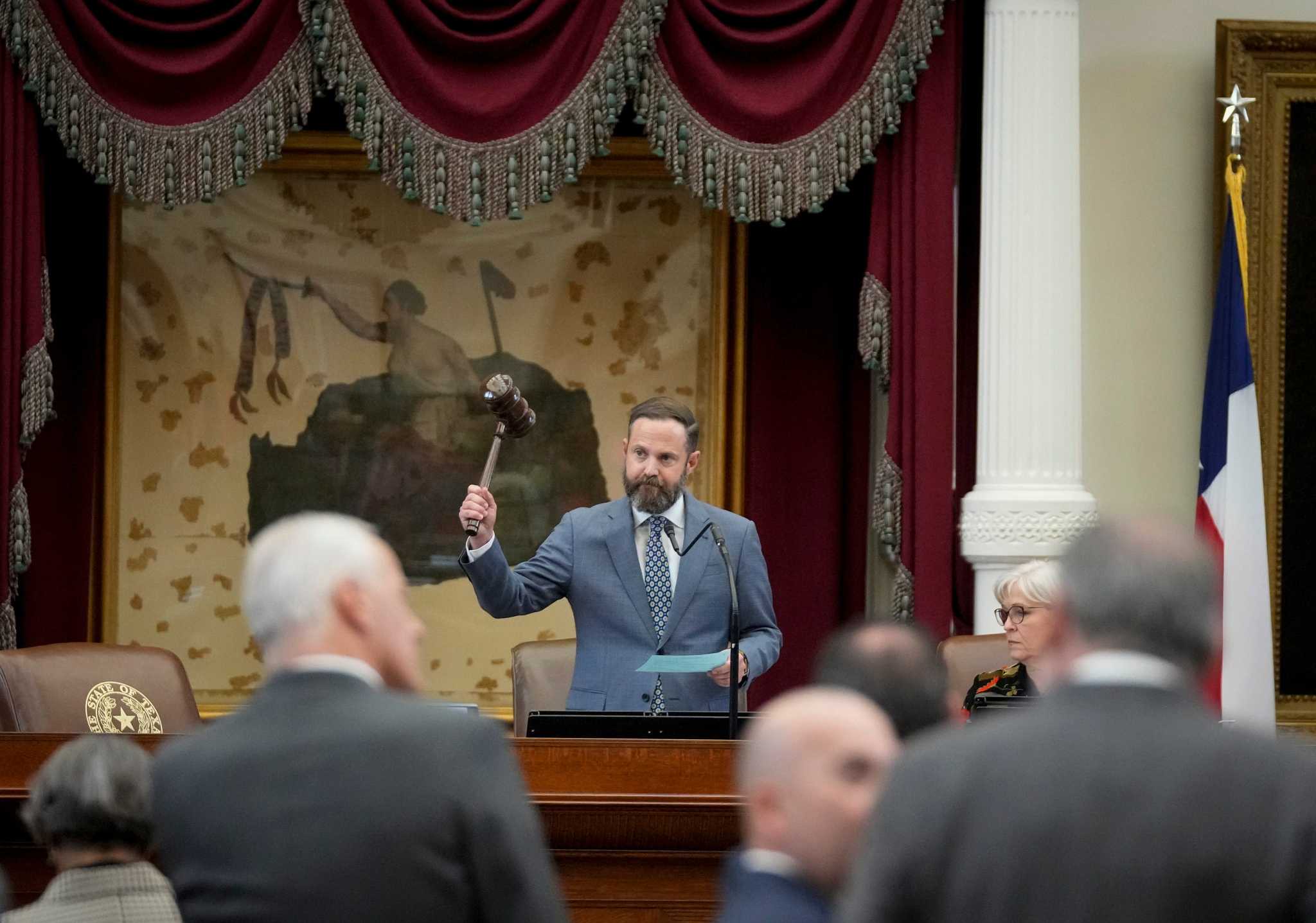politics
Texas House Republicans Decry Democratic Influence Under New Rules
Texas House Republicans express frustration over new rules granting Democrats significant influence in committees, despite the GOP majority.
Published February 2, 2025 at 12:15pm by John C. Moritz

Within a few days of the start of every Texas legislative session, both chambers adopt a list of rules with which to govern themselves. The process is about as inside baseball as anything state government does, and because the rules from one session to the next don't change much, it doesn't typically generate much attention.
But that wasn't the case in this year's session, which began Jan. 14, at least on the House side. Close observers of Texas politics are by now familiar with the drama that popped up in 2023 and became something of a subplot in the 2024 elections for the House — the question of whether the Republican majority should continue the tradition of awarding some committee chairmanships to the Democratic members.
The controversy helped topple the speakership of Rep. Dade Phelan, R-Beaumont, and it soon became clear to pretty much everyone watching that the era of bipartisan chairmanships was over. Done. Finished. Kaput.
New Texas House Speaker Dustin Burrows needed Democratic help to win the job, and many of his fellow Republicans are unhappy about it.
So it looked like a no-brainer that the issue was put to bed once and for all. Republicans with their 88-62 majority would rule the House as they alone saw fit, right? Wrong.
The new speaker, Lubbock Republican Rep. Dustin Burrows, needed Democratic votes to win the job. And he ended up getting more Democratic votes than Republican backing. And when it came time to consider the rules for the House nine days after Burrows took charge, the new package was way more than just a Xerox copy of the old one. Although Democrats were barred from chairing any standing House committees, they still came out pretty well.
They will get all of the standing committee vice chairmanships, and under the new rules, the witnesses invited by vice chairs must be allowed to testify on pending legislation, meaning that diverse viewpoints will be heard on controversial bills. Vice chairs may also designate certain matters for committee hearings, and those hearings must be allowed to take place.
There was some, but not a great deal, of debate on the new role for committee vice chairmanships when the rules were brought up for discussion. That's because the House voted to cut off debate under a parliamentary tactic known as "calling the previous question." That's legislative-speak for "we've heard enough and no minds are going to change, so let's just shut up and vote already."
Another term for calling the previous question is "the nuclear option." That's because it tends to blow up the House and hurt the feelings of members who had come to the chamber armed with pointed questions and fiery speeches that they didn't get a chance to make.
But some of those members, in this case Republicans, who had spent the campaign season promising their supporters and donors that they'd finally stick it to the Democrats have found a work-around.
The way the Texas House and most other legislative bodies operate, members can't just get up on the chamber floor and start making a fuss over things they don't like. Instead, they follow a genteel ritual that starts at the House's back microphone with the same phrase:
"Mr. Speaker?" To which the speaker replies, "For what purpose?"
"Parliamentary inquiry," the member says, prompting the response: "State your inquiry."
And then, in the form of a question phrased politely, or not so politely, the member lets loose his or her grievances.
That dance played out over several days last week involving several Republican members who are not exactly fans of the new speaker and who had no qualms about demonstrating it.
State Rep. Brian Harrison, R-Waxahachie, said the new rules give Democrats "at least partial, and perhaps full, control of the committees."
One of those members, second-term Republican Rep. Brian Harrison of Waxahachie, raised it to something of an art form, saying in several questions that the new rules give Democrats "at least partial, and perhaps full, control of the committees."
And he went on to suggest that because committee hearings are broadcast and livestreamed, that House television channel would morph into "the Texas DNC (Democratic National Committee) Network."
Burrows ended the dance by pointing out that Harrison had not raised "a proper parliamentary inquiry," or even a question, for that matter.
Harrison didn't appear bothered by the rebuff because his goal was not to get a question answered. Instead, he wanted to make the points that he otherwise would have made during the truncated debate over the House rules.

